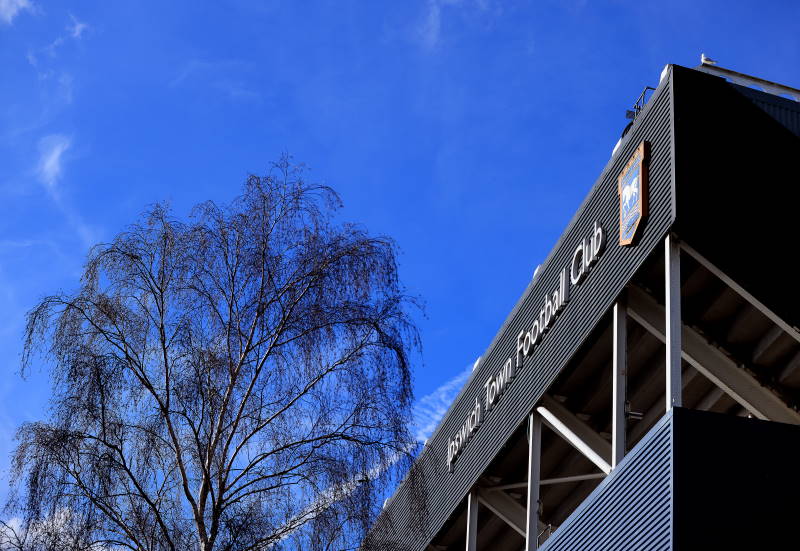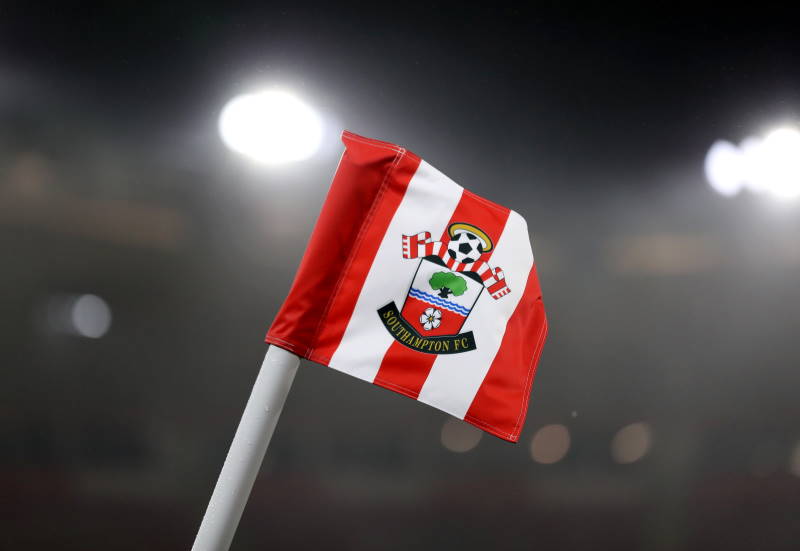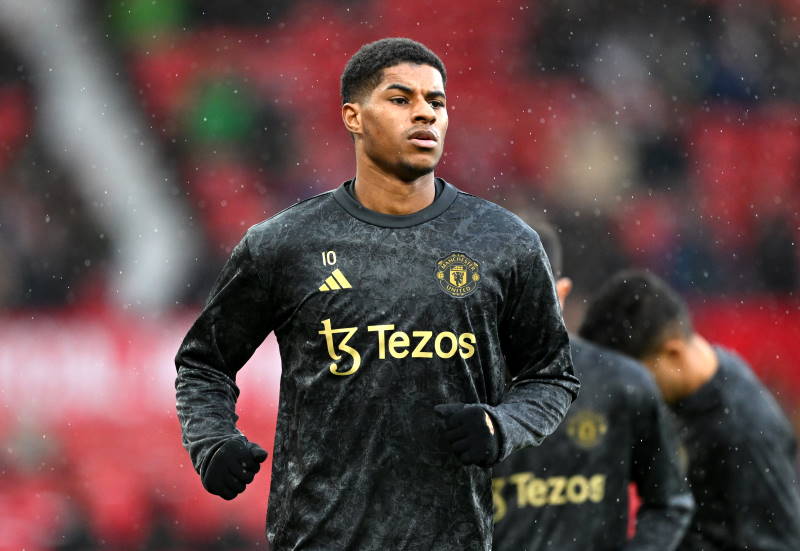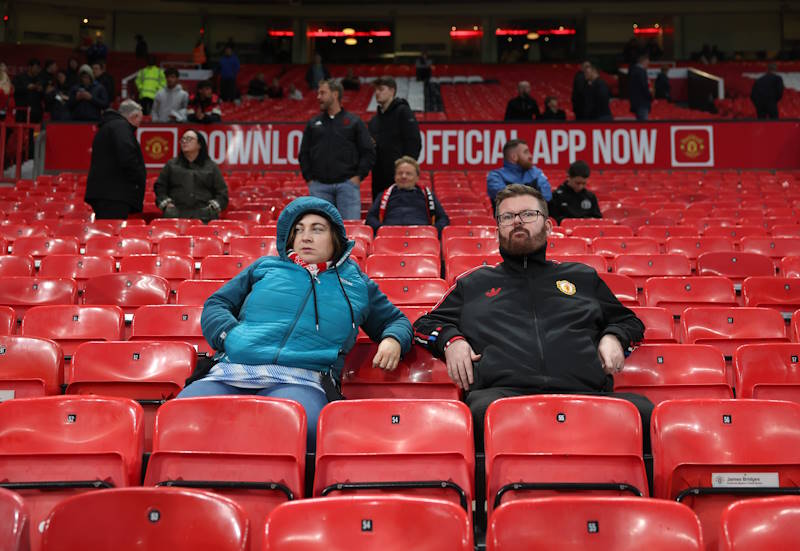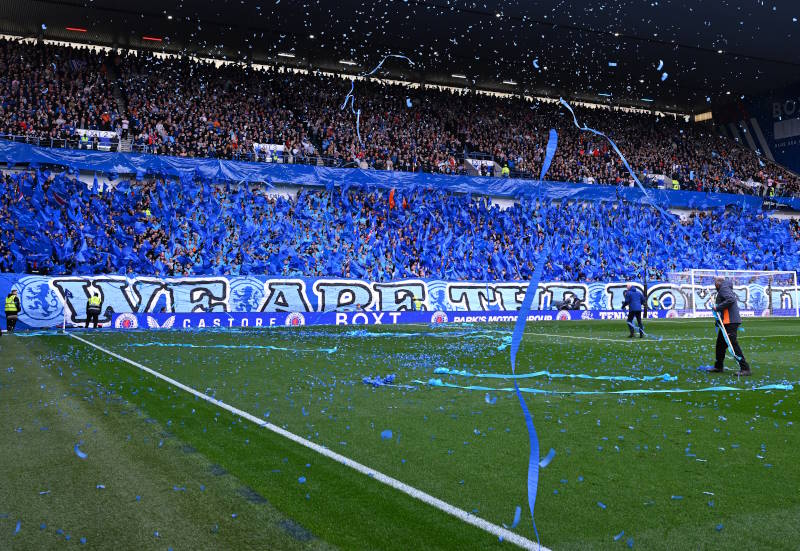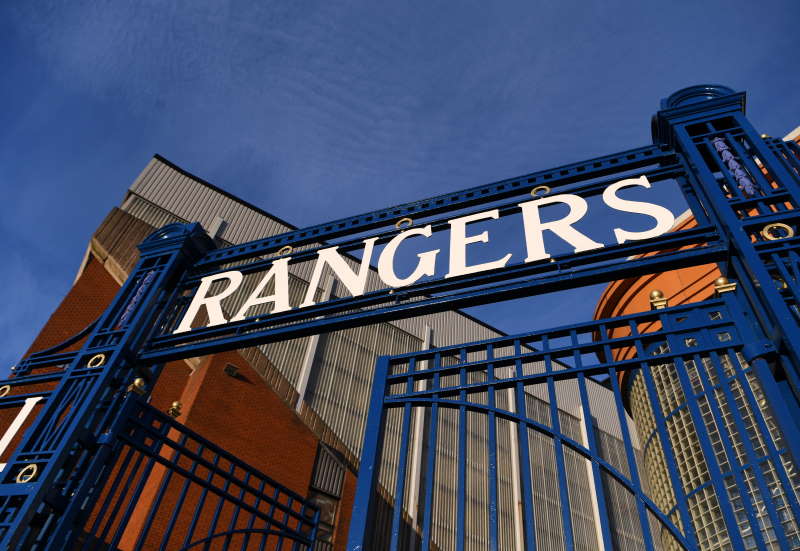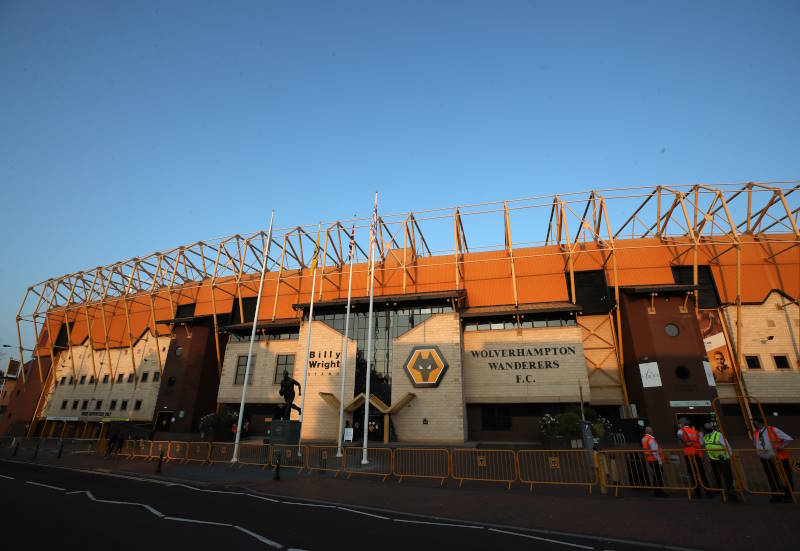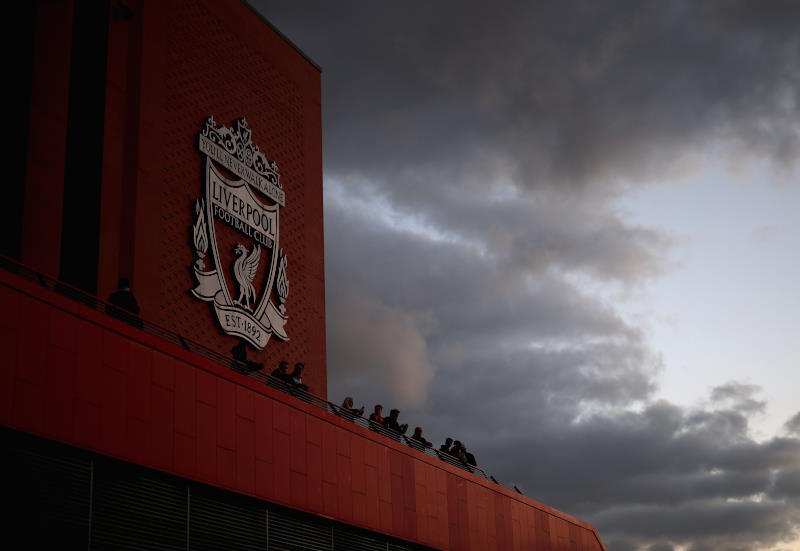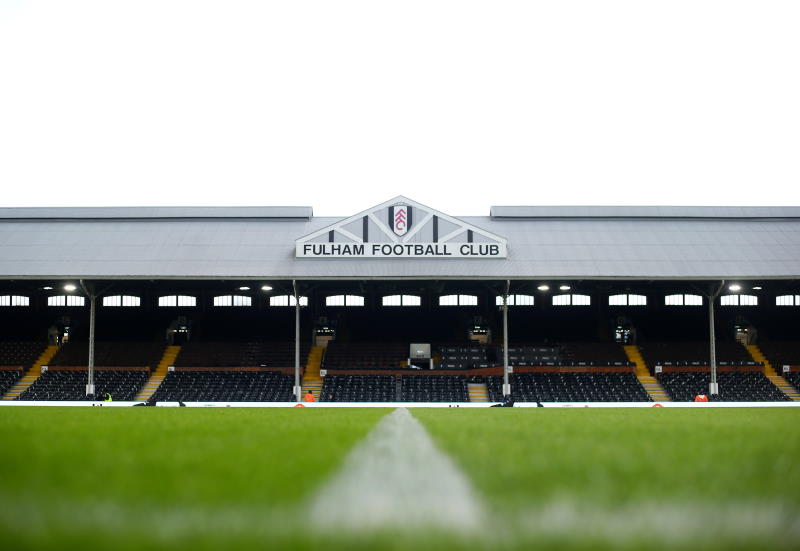
The end of the season in Switzerland’s Challenge League – the country’s second tier – has seen two of the Alpine nation’s most important clubs return to the top flight: Lausanne and Servette. The duo finished first and second respectively, with Lausanne directly promoted, while Servette needed to see off ninth placed Super League outfit AC Bellinzona in a relegation/promotion playoff.
Both Lausanne and Servette hail from Switzerland’s French-speaking area, and are two pieces of the country’s footballing history. Lausanne have picked up seven titles and nine cups, and even made an impact on the European stage too, reaching the semi-final of the UEFA Cup in 1958 and making the quarter-final of the Cup Winners Cup seven years later. In the 1960s, the club gained the nickname “Kings of the Night”, as during a spate of evening fixtures the side proved virtually unbeatable at home. Lausanne’s glory days ended in the 2001/02 campaign though with relegation due to financial problems. Just a year later the club was bankrupt and had to begin anew in the fourth tier.
Servette suffered a similar fate in 2005, being declared bankrupt due to debts of over 10M Swiss Francs. It was the saddest moment in the club’s history because, at the time, the Geneva-based outfit were the only side to have remained in Switzerland’s top flight since its creation in 1890. Les Grenats claim 17 titles and seven cups to their name. The club hit the heights in the 1979/80 season when, led by Umberto Barberis and Claude “Didi” Andrey, they won every competition they entered, with the exception of the Cup Winners Cup, where Fortuna Dusseldorf put an end to their European dream in the quarter-final, even though Servette had lost neither the home or away game.
Last season, both Lausanne and Servette staged an impressive recovery in the Challenge League. After 23 games, with just seven left to play, the duo found themselves 14 points behind leaders Lugano and eight off second placed Vaduz. Lausanne though proceeded to win all their final seven games, while Servette won six (losing only against relegation candidates Locarno). However, the revival would still not have been possible but for Lugano and Vaduz’ slump, and their final third and fourth placing respectively meant another season in the Challenge League.
For Lausanne, the road to recovery can be traced back to last season, as the club unexpectedly reached the Swiss Cup final. Despite being thrashed 6-0 by Super League heavyweights Basel, the second tier hopefuls gained the Europa League spot gifted to the cup winners – Basel had Champions League fish to fry. Taking into account their Challenge League status, Lausanne’s European adventure was impressive, reaching the Europa League’s group phase after seeing off Bosnian upstarts Borac Banja Luka, Danish side Randers and Russian giants Lokomotiv Moscow in the qualifying playoff rounds.
But for the pleasure of a European run, it needed a Europa League exit to truly allow Lausanne take off in the Challenge League. Key players for coach Martin Rueda’s team were the attacking pair of Carlos Silvio and Jocelyn Roux, Brazilian midfielder Rodrigo Tosi and youngsters Guillaume Katz (centre back) and Michel Avanzini (midfielder).
While Lausanne’s strongest attributes were consistency and a never-say-die attitude, Servette were widely considered the most attractive team in the Challenge League. Technically gifted stars like Brazilian free-kick master Antonio De Azevedo (13 goals), left winger Matias Vitkieviez (11 goals) and the club’s top scorer Eudis (15 goals) clearly demonstrated that they can perform at a higher level. Right back-cum-midfielder Vincent Ruefli and centre back Patrik Baumann (who scored a vital brace against Bellinzona in the playoff second leg) chipped in too.
Servette chairman Majid Pishyar has made good on a promise he made alongside Portuguese coach Joao Alves to “take Servette back to where they belong” in 2009. At the time, Alves had five promotions to his name – four in Portugal and one in Spain. Returning to the Super League though is just a first step for Pishyar, who is aiming for Les Grenats to win the title by 2014.
While that is a big ask, one thing is indeed certain: With Lausanne and Servette involved, the 2011/12 Super League looks set to be more competitive than ever.

